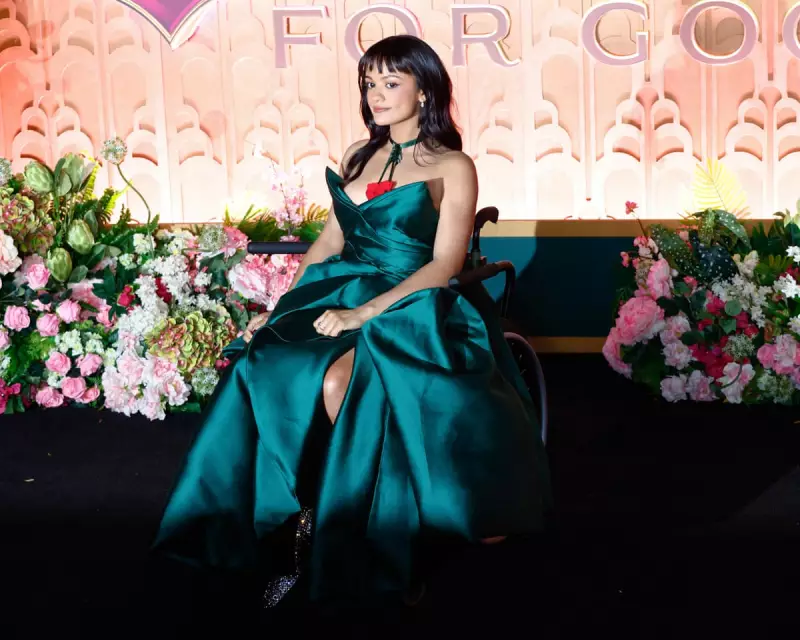
The release of Wicked: For Good has ignited a crucial conversation about authentic casting in the entertainment industry, marking a significant step forward for the representation of disabled actors. For decades, disability has been the forgotten frontier of diversity, with the film and television sectors lagging far behind in inclusion compared to progress made on race, gender, and sexuality.
A History of Exclusion and 'Cripping Up'
The scale of the problem is stark. While 'blacking up' is now widely condemned, the practice of 'cripping up'—where able-bodied actors play disabled characters—remains prevalent and even awards-worthy. A shocking statistic highlights this imbalance: in nearly 100 years, only three disabled actors have ever won an Oscar, while 25 able-bodied actors have won Academy Awards for portraying disabled characters. This reveals a deep-seated industry bias where disabled stories are told, but not by disabled people.
The arrival of the Wicked film adaptation is challenging this status quo. The story of the green-skinned Elphaba is a celebration of difference, yet since the musical's 2003 debut, the role of her wheelchair-using sister, Nessarose, was exclusively played by able-bodied actors. This changed last year when Marissa Bode became the first wheelchair-using actor to portray Nessa in the first part of the film series. The production also cast a wheelchair-using child actor for the younger version of the character, ensuring authenticity from the start.
Beyond Casting: Reshaping Narratives and Infrastructure
The films have gone beyond mere casting, actively amending the narrative to give Nessa greater agency and complexity. A scene that originally implied her disability needed to be 'fixed' has been altered, presenting a more empowering portrayal. However, progress faces resistance; Bode has previously had to challenge what she described as 'gross and harmful' online comments about her character.
The responsibility for change, however, lies squarely with the industry. A recent study found that only 21% of disabled characters on US TV between 2016 and 2023 were played by disabled actors. As screenwriter Jack Thorne argued in his 2021 MacTaggart lecture, the entire system needs an overhaul—not just the stories and storytellers, but the studios themselves, many of which remain physically inaccessible. The industry that creates magical worlds has often dismissed the logistics of accommodating wheelchair users on set as too tricky or expensive.
The Path Forward: From Problematic Classics to Inclusive Futures
Historical adaptations have frequently perpetuated harmful stereotypes. Campaigners condemned a 2020 adaptation of Roald Dahl's The Witches for presenting physical disability as a sign of moral depravity. Similarly, while recent James Bond films updated the character's misogyny, they failed to rethink the use of facial difference to signify villainy.
Yet, effective reboots are possible. The BBC's Malory Towers series features a genuinely diverse cast, including actors with visible differences and Down's syndrome, without making their disabilities a plot point. Ellie Goldstein, who has Down's syndrome, built a strong fanbase through the show before her appearance on Strictly Come Dancing, a programme credited with bringing disability to mainstream TV.
Amid a troubling backlash against inclusivity, authentic casting is more vital than ever. Director Jon M. Chu has redefined the 'great American fairytale' of The Wizard of Oz through his inclusive vision. The impact is already being felt, with the Broadway stage production of Wicked following the film's lead by casting its first ambulatory wheelchair user as Nessarose. As Marissa Bode advocates, the next step is to hire disabled people as writers and crew members, ensuring the narrative changes from the inside out. In the spirit of Elphaba's anthem, it is about ensuring that within the world of entertainment, everyone truly deserves the chance to fly.






